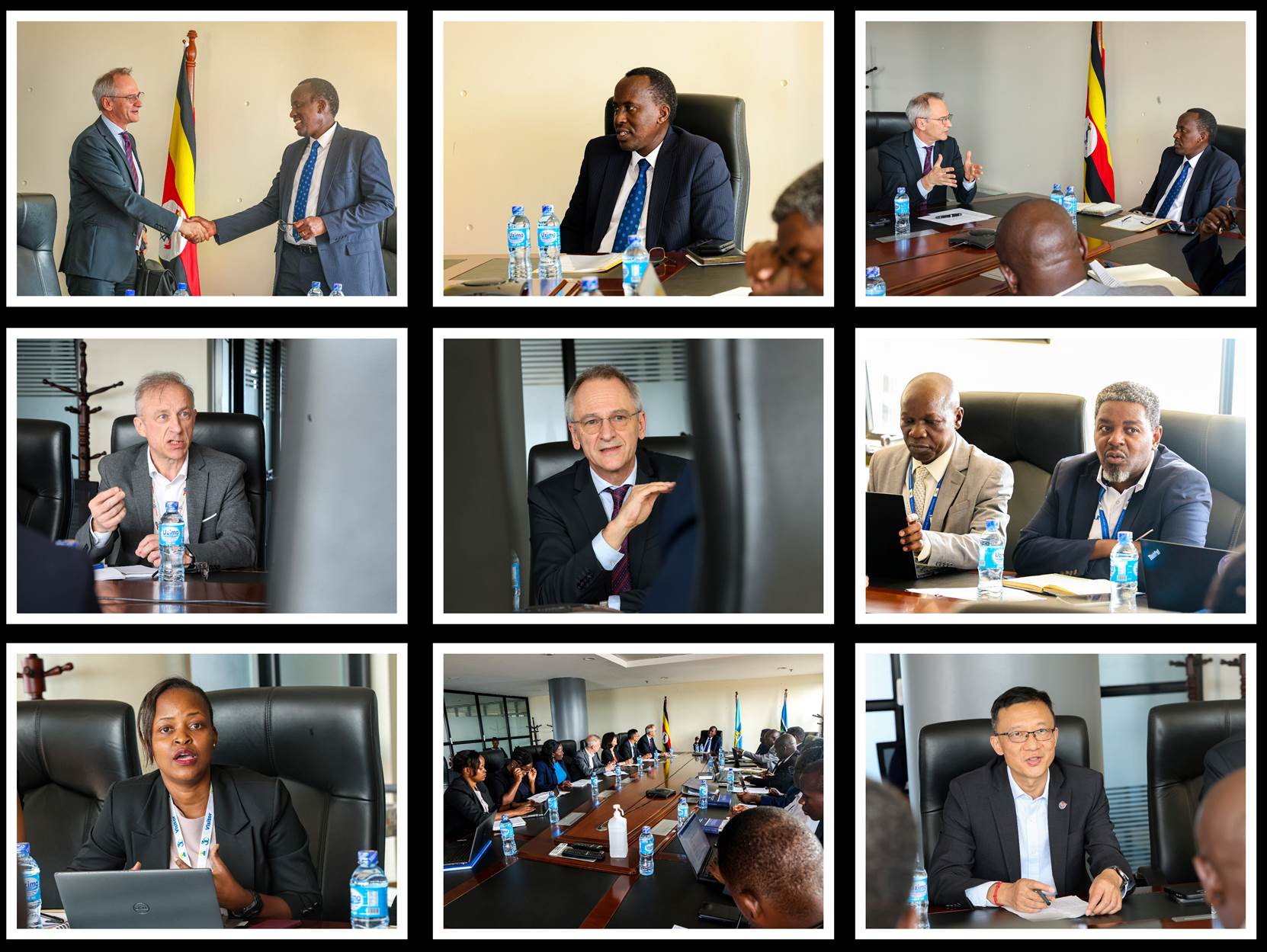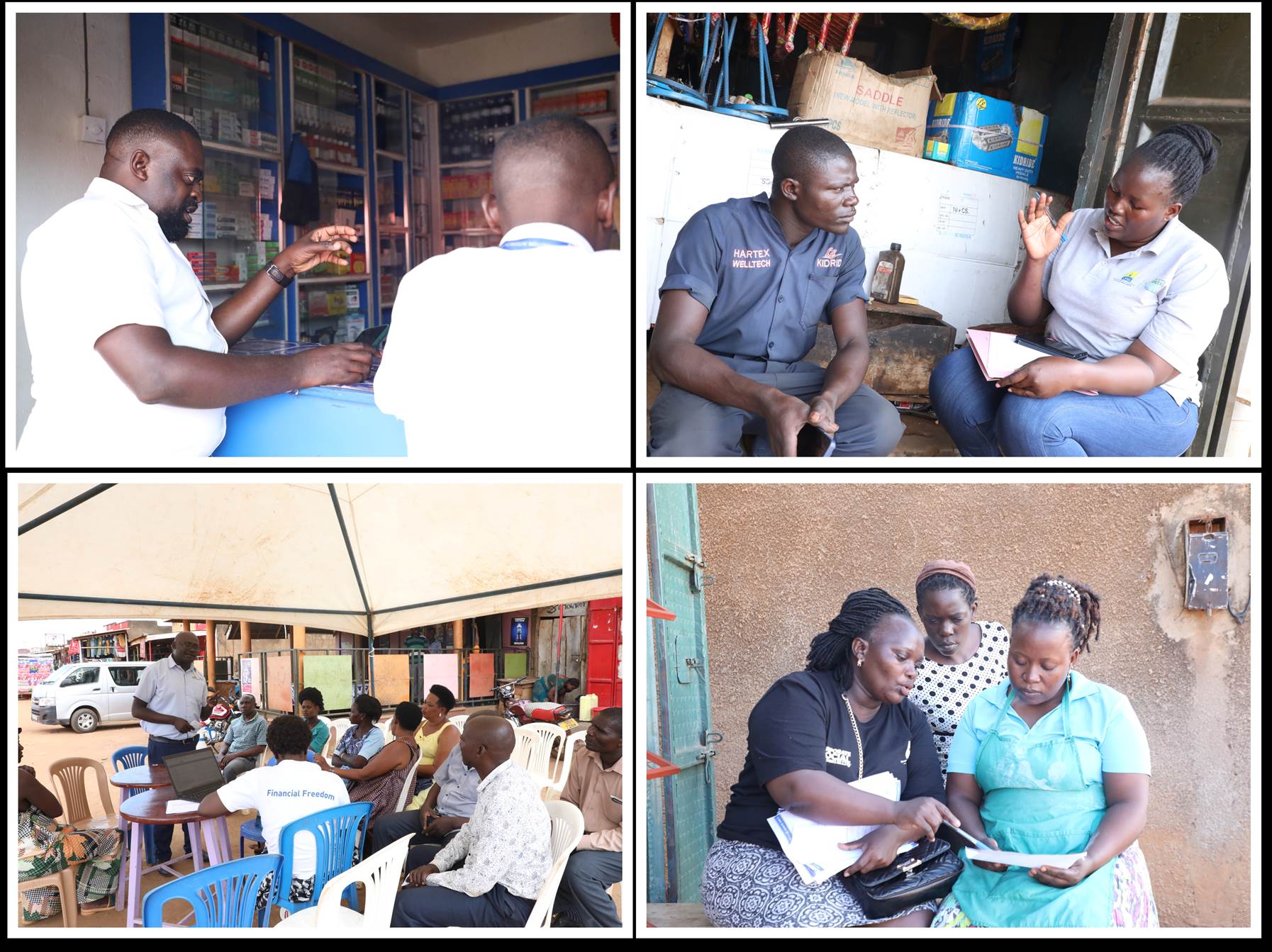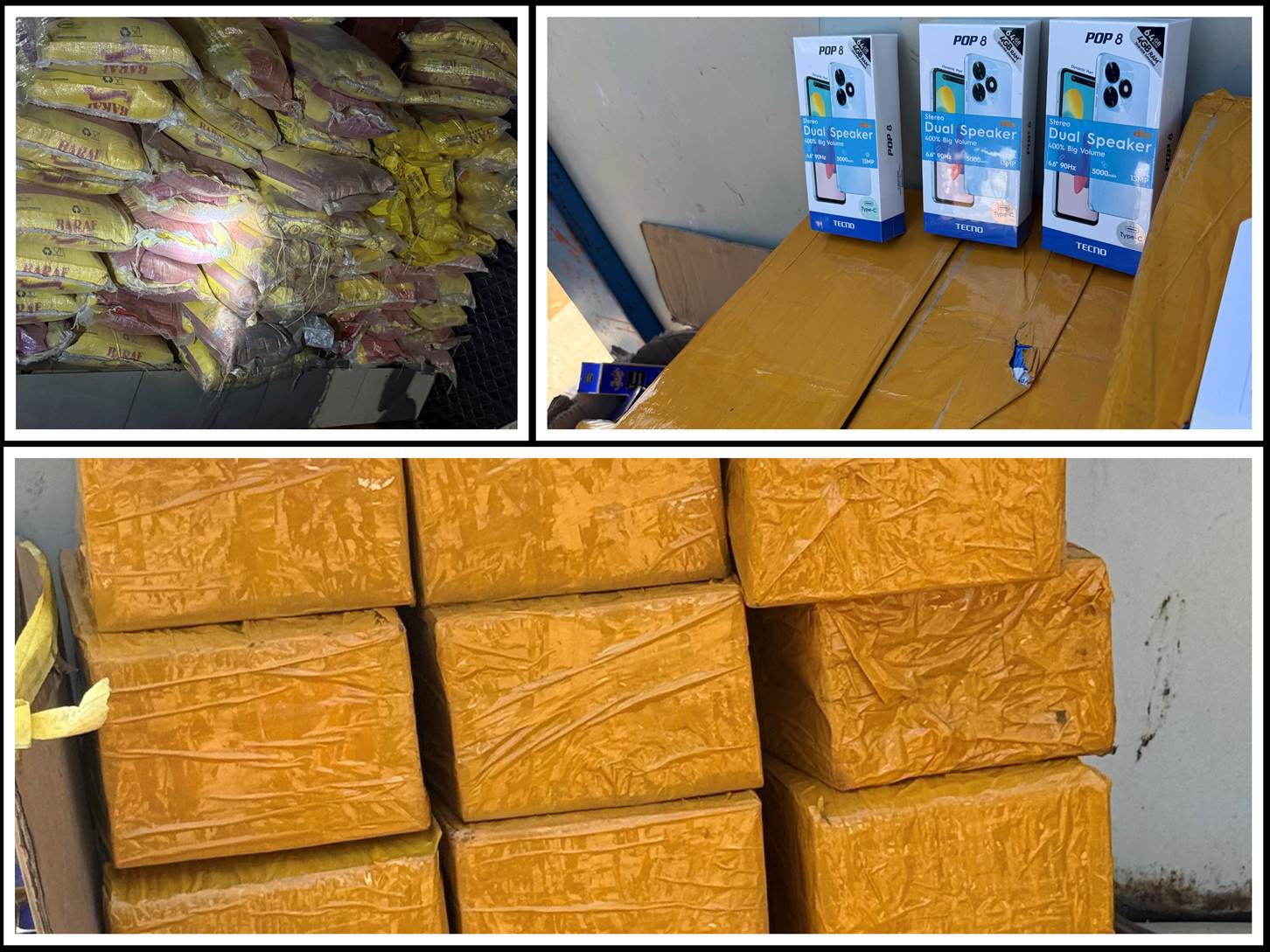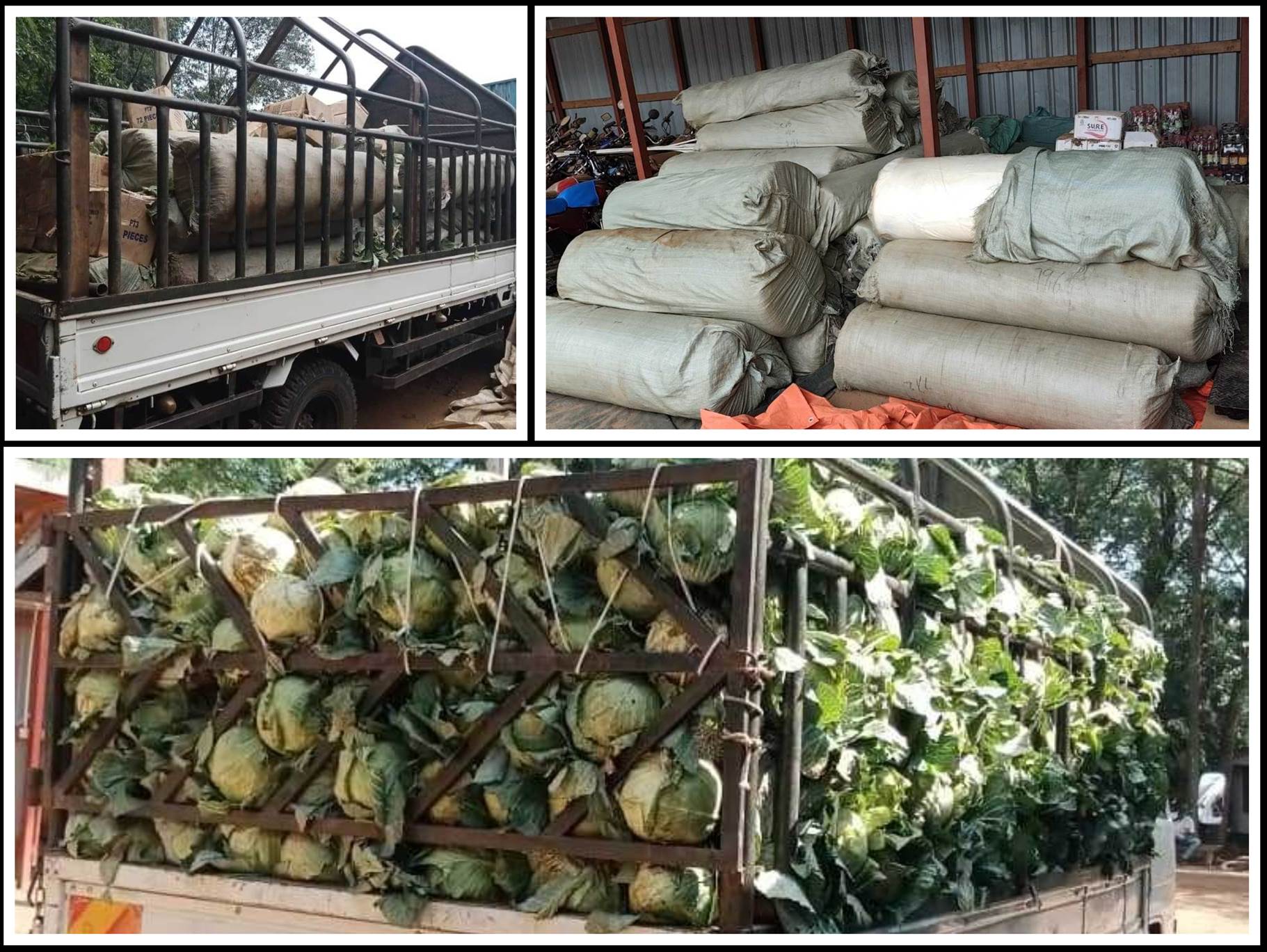By Nouella Anaso
The role of Uganda Revenue Authority (URA) in the Oil sector according to the National oil and gas policy of 2008, is to advise the Ministry of Finance, Planning and Economic Development (MOFPED) on policy and collect all petroleum revenues envisaged under the Income Tax Act, government share of petroleum, proceeds from government share of petroleum, sale of state participation royalties, signature bonuses and surface rentals.
The Final Investment Decision (FID) for Uganda’s oil and gas projects by Total Energies, China National Offshore Oil Corporation (CNOOC), Uganda National Oil Company (UNOC) and Tanzania Petroleum Development Corporation (TPDC) on 2nd February 2022, to invest $10 billion in the Tilenga, Kingfisher fields and the East African Crude oil pipeline (EACOP), has stirred interest among Ugandan seeking business opportunities in the petroleum sector.
However, during his half-year revenue performance report in February, the URA Commissioner General, John Rujoki Musinguzi urged local company owners hoping to work in the sector to register their businesses and ensure they are fit to operate.
“The first step for you is to be tax compliant because you will be required to hold a tax clearance certificate and proper books of accounts. Don’t miss the opportunity to participate because you have not been paying your taxes. You have an opportunity to straighten your books, get a Tax Clearance Certificate and then you may well be eligible a get a sub-contract in this exciting new sector.”
Musinguzi added that the Authority is ready to collect every associated tax.

“We are ready to collect every tax among people running services, and we estimate to collect an additional UGX 2.5 Trillion until the first oil starts to flow. When the first oil starts to flow, then we expect an additional UGX 4.4 Trillion every year from that sector alone,” he said.
Sandra Kaitare, URA’s Assistant Commissioner Petroleum and Mining, said the Authority is building capacity to safeguard Uganda’s economic interest in the sector by collecting all associated revenues.
“URA’s Petroleum and Mining division is a specialized division meant to handle the taxation and compliance management of the licensees who are currently Total Energies and CNOOC and then first level or TIER 1 Contractors who are providing services that are oil field services. We are the conduit through which the public will trust that all the work that has been done since 2006 and before was worth Ugandans waiting for,” she explained.
On the other hand, Ruth Nankabirwa, the Minister of Energy and Mineral Development, at the signing of the FID, said the passing of the local content policy makes provision for Ugandan employment, provision of goods and services, capacity building, enterprise and development and transfer of knowledge and technology. She said the project is expected to create close to 160,000 job opportunities.
“By the end of 2021, 74% of people directly employed by the licensed companies were Ugandan with 24% in management positions, 64% in technical positions and 100% in support positions,” she said.










